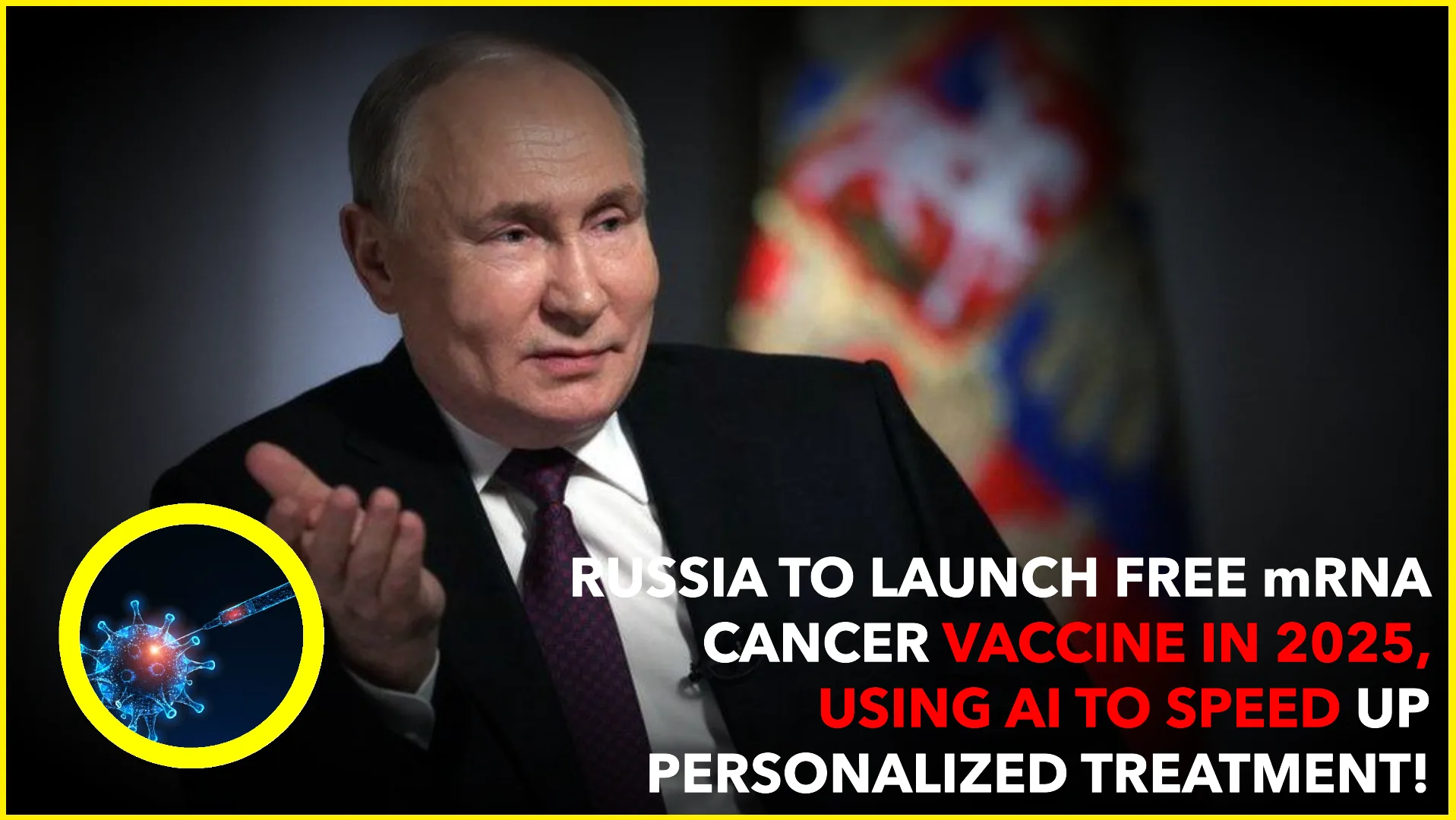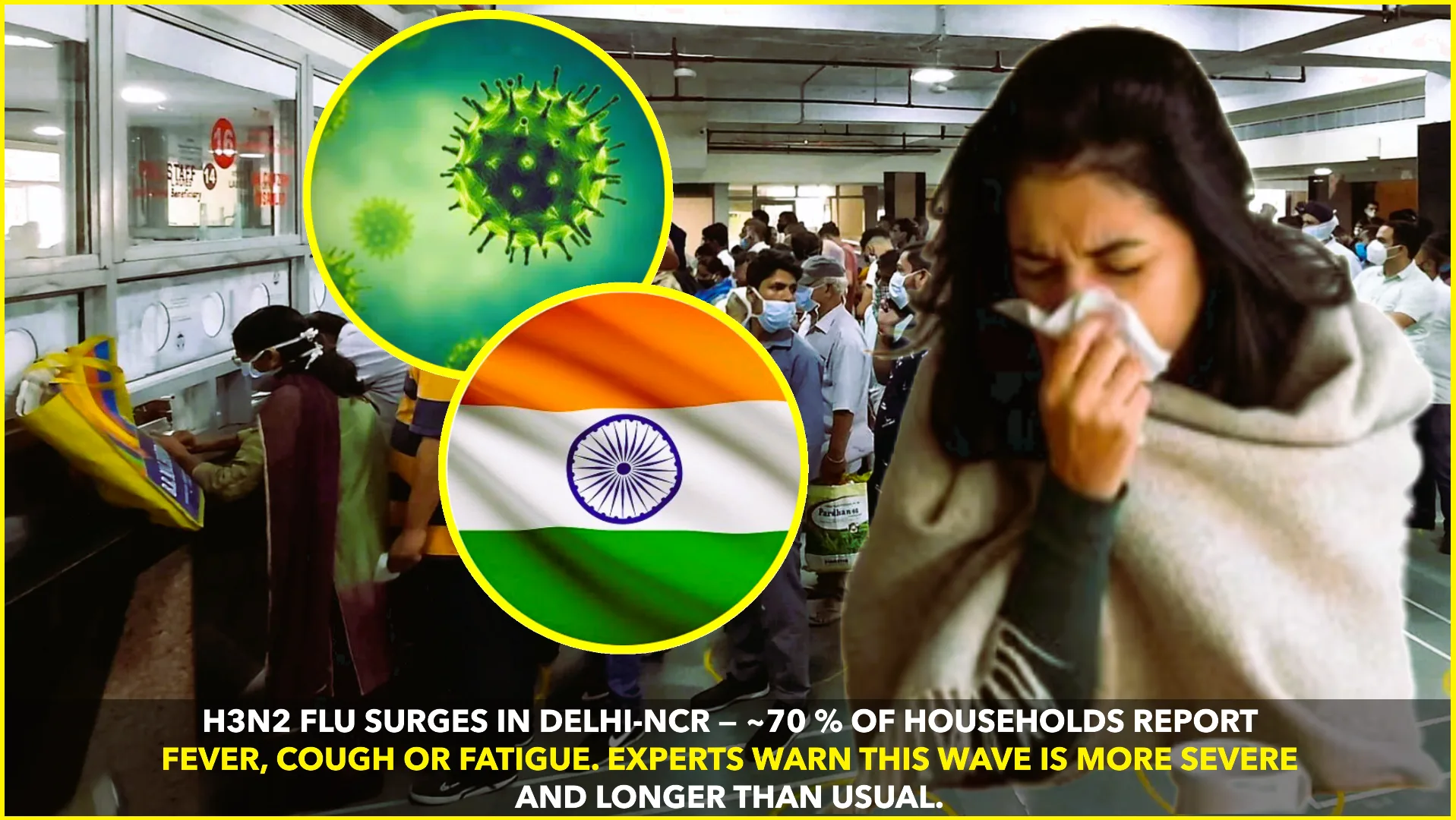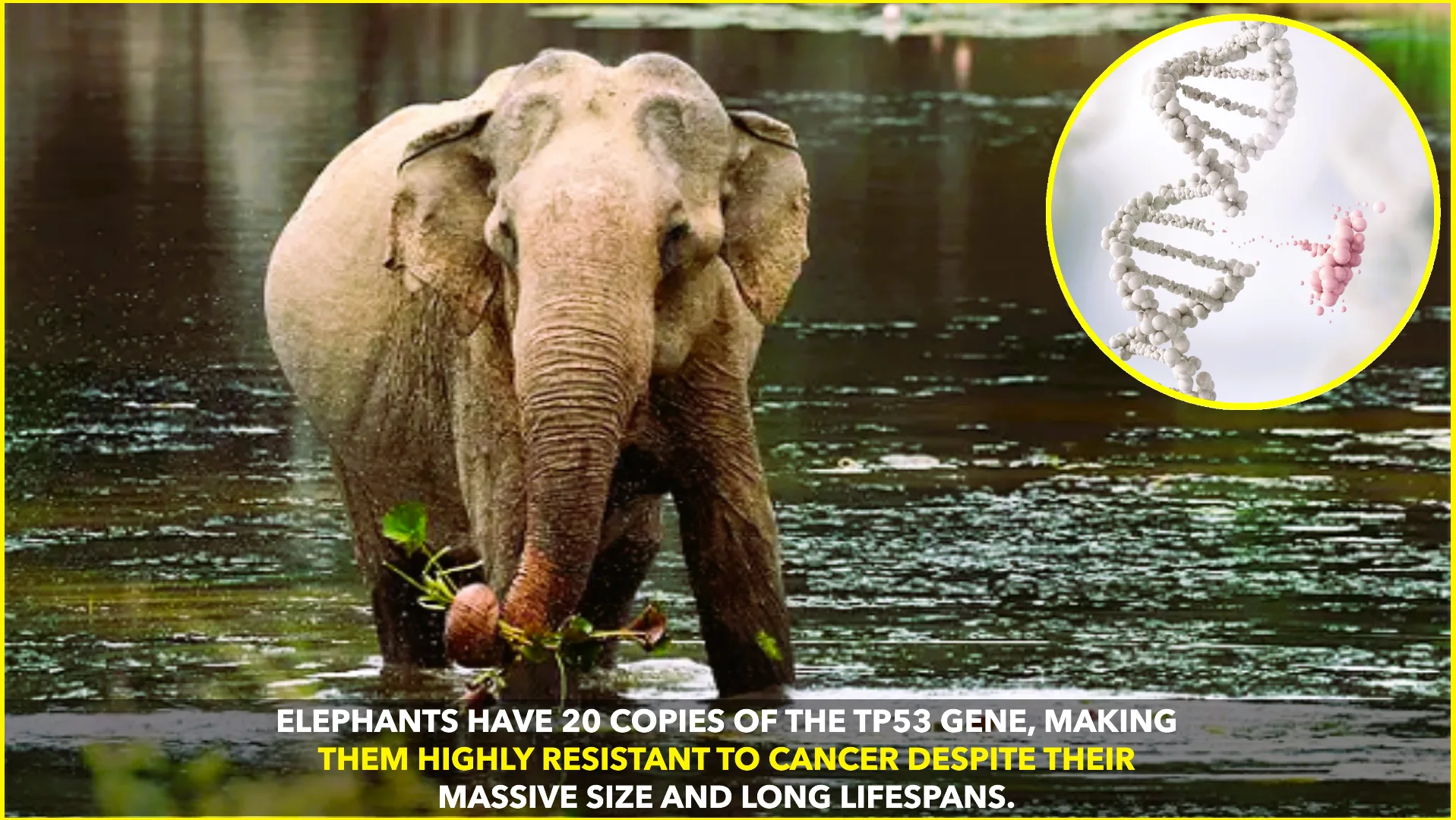In a groundbreaking development, Russia is set to introduce a new mRNA cancer vaccine in 2025, which will be available to patients free of charge. The announcement was made by Russia’s state news agency TASS, with Andrey Kaprin, head of the country’s Radiology Medical Research Center, confirming the initiative.
Advancements in Cancer Treatment
The vaccine, developed using mRNA technology, aims to revolutionize cancer treatment by leveraging the body’s immune system to identify and attack tumor cells. Unlike traditional cancer treatments such as chemotherapy and radiation, which can have severe side effects, mRNA cancer vaccines are designed to be more precise and less harmful to healthy cells.
According to Alexander Gintsburg, head of the Gamaleya Research Center, pre-clinical trials of the vaccine have shown promising results. The studies indicate that the vaccine successfully inhibits tumor growth and prevents metastasis, marking a significant milestone in cancer immunotherapy.
The Role of AI in Accelerating Vaccine Development
One of the most notable aspects of Russia’s mRNA cancer vaccine development is the integration of artificial intelligence (AI). Gintsburg highlighted that AI plays a crucial role in accelerating the production of personalized cancer vaccines. Traditionally, the process of developing a patient-specific mRNA cancer vaccine takes around two months. However, with AI-driven advancements, the production time could be reduced to less than an hour, making personalized treatment much more accessible and efficient.
How mRNA Cancer Vaccines Work
Unlike traditional vaccines that prevent infectious diseases, mRNA cancer vaccines function by training the immune system to recognize tumor-specific antigens and launch a targeted attack. These vaccines are personalized for each patient, meaning that the genetic material in the vaccine is tailored to the specific mutations found in a patient’s cancer cells. This personalization enhances the vaccine’s effectiveness, potentially leading to better treatment outcomes.
mRNA cancer vaccines have been in development for several years, with increasing global interest in their potential. The success of mRNA COVID-19 vaccines has further validated the technology, encouraging researchers to explore its applications in cancer treatment.
Global Efforts in mRNA Cancer Vaccine Research
Russia is not the only country advancing in this field. Several leading pharmaceutical and biotech companies, including Moderna, Merck, BioNTech, and CureVac, are actively working on mRNA-based cancer treatments. These companies have been conducting clinical trials to assess the safety and efficacy of their respective mRNA cancer vaccines. Some of these trials have already yielded encouraging results, reinforcing the potential of mRNA technology in oncology.
For instance, Moderna and Merck are collaborating on an mRNA cancer vaccine targeting melanoma, with preliminary trials indicating a reduced risk of cancer recurrence in treated patients. Similarly, BioNTech, which played a key role in the development of the Pfizer-BioNTech COVID-19 vaccine, is working on mRNA cancer vaccines for multiple types of tumors.
Implications for Cancer Patients
The availability of a free mRNA cancer vaccine in Russia could have a significant impact on cancer treatment accessibility. Many cancer therapies are prohibitively expensive, limiting treatment options for patients, particularly in low-income regions. By offering the vaccine free of charge, Russia aims to provide equitable access to cutting-edge cancer treatment, potentially improving survival rates and quality of life for many patients.
However, challenges remain. Large-scale production and distribution of personalized mRNA vaccines require substantial infrastructure, and ensuring regulatory approval and widespread adoption will be crucial for success. Additionally, long-term clinical trials will be necessary to confirm the vaccine’s safety and efficacy in diverse patient populations.
Conclusion
Russia’s decision to introduce a free mRNA cancer vaccine in 2025 marks a significant step in cancer treatment innovation. With promising pre-clinical trial results and AI-driven advancements accelerating vaccine production, this initiative could provide new hope for cancer patients. While Russia is at the forefront of this development, global pharmaceutical companies are also making strides in mRNA cancer vaccine research, indicating a potential shift toward more effective and personalized cancer therapies in the near future.










